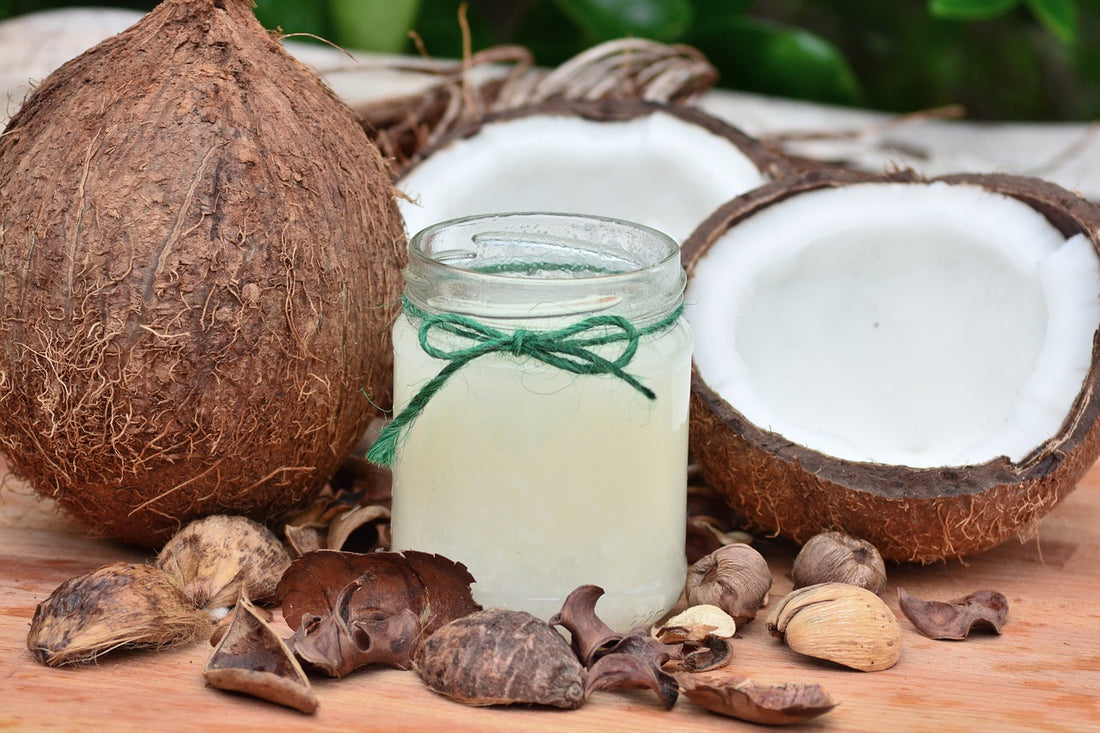Coconut oil, a popular natural remedy, has taken the beauty world by storm. But can it truly lighten your skin? Here's a breakdown of what you need to know, specifically for those living in the sunny GCC region.
Lightening vs. Brightening: There's a key difference.
Lightening refers to reducing melanin production, your skin's natural pigment. Brightening focuses on improving overall skin tone and radiance.
Coconut Oil's Role:
Coconut oil itself doesn't lighten skin. However, it can be a hero for brightening!
Hydration is Key:
Dry skin can appear dull. Coconut oil's rich moisture deeply hydrates, leaving your skin looking plump and radiant.
Farewell Hyperpigmentation:
Sun exposure is a major culprit for dark spots and uneven skin tone. Coconut oil's anti-inflammatory properties may help soothe irritation and potentially reduce the appearance of hyperpigmentation over time.
Exfoliation Power:
Combine coconut oil with sugar for a gentle exfoliant. This removes dead skin cells, revealing a brighter complexion.
The GCC Factor:
Sun protection is crucial in the GCC's hot climate. While coconut oil offers some hydration benefits, it doesn't have SPF. Always use a good sunscreen daily!
Safe Practices:
Patch test coconut oil on your inner arm before applying it to your face. Some people experience comedogenic (pore-clogging) effects.
Coconut oil can be a fantastic addition to your skincare routine, but it's not a magic lightening solution. Focus on a holistic approach that includes hydration, sun protection, and a healthy diet for a naturally glowing complexion.
Additional Tip:
Look for coconut oil-based products formulated for skincare. These are often lighter and less comedogenic than pure coconut oil.
 Log in
Log in




